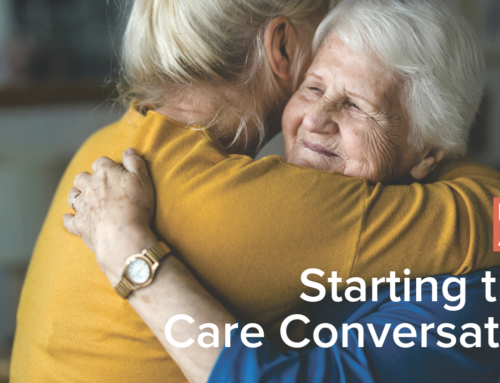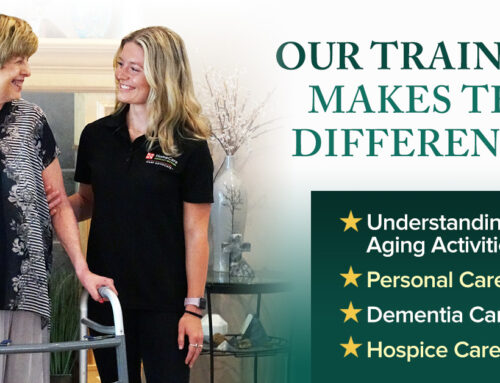When Your Aging Loved Ones Need (But Won’t Accept) Help
When Your Aging Loved Ones Need (But Won’t Accept) Help
Your dad shouldn’t be driving anymore, but he won’t give up the car keys.
Your mom can no longer keep the house clean, but she refuses to hire a cleaning lady.
Both of your parents could use a little assistance with day-to-day tasks, but when you bring up the idea of hiring a professional, in-home caregiver, they quickly shut down the conversation.
“It’s something we encounter a lot – older adults stubbornly resisting any kind of help. Of course, some of them are in denial, but most are embarrassed or too proud to admit they can no longer do it all,” said Mark Goetz, co-founder and president of the HomeCare Advocacy Network (HCAN). “They’ve spent years enjoying an independent lifestyle – working, raising families, traveling and making decisions for themselves. Understandably, they don’t want to lose that independence, so convincing them to accept help can be very challenging.”
Starting the Conversation
The good news – with in-home care, your aging loved ones can continue to live safely and independently in their own homes. To start a productive conversation about home care options, Goetz suggests that you:
Respect their opinion.
Don’t dictate a plan to your loved ones. Instead, start two-way discussion about the future, and include them in all aspects of the process.
Clearly voice your concerns.
Instead of dropping hints, have a direct conversation with older family members. Choose a quiet, non-threatening setting to respectfully share your concerns and discuss their needs and care options.
If possible, don’t go it alone.
There is strength in numbers – especially when it comes to having “the talk” with your aging loved ones. Enlist the help of other family members and maintain a unified front while expressing your concerns. Hearing the same message from multiple people may tip the scales in your favor.
Assure them that they are not alone.
Share examples of older friends or family members who are thriving with the help of an in-home caregiver.
Point out the benefits.
Explain all of the ways a professional caregiver can enrich your loved ones’ lives – companionship, meal preparation, light housekeeping, transportation to and from appointments and so much more.
Enlist professional help.
Ask trusted outsiders like a family friend, doctor, attorney or church leader to help convince them to accept the help they need.
Be Patient.
It’s probably going to take more than one conversation, so don’t give up and try not to show frustration.
Personalized Care Plans
“Once they agree to accept help, we work closely with the seniors and their families to develop personalized care plans to meet their unique needs,” Goetz said. “From companionship to personal and Alzheimer’s care, all of us at HCAN are committed to helping seniors live safely in their homes for as long as possible – and giving family members much needed peace of mind.”
For information about HCAN’s care solutions and customized care plans, visit hcanthrive.com or call your local HCAN-supported office.






